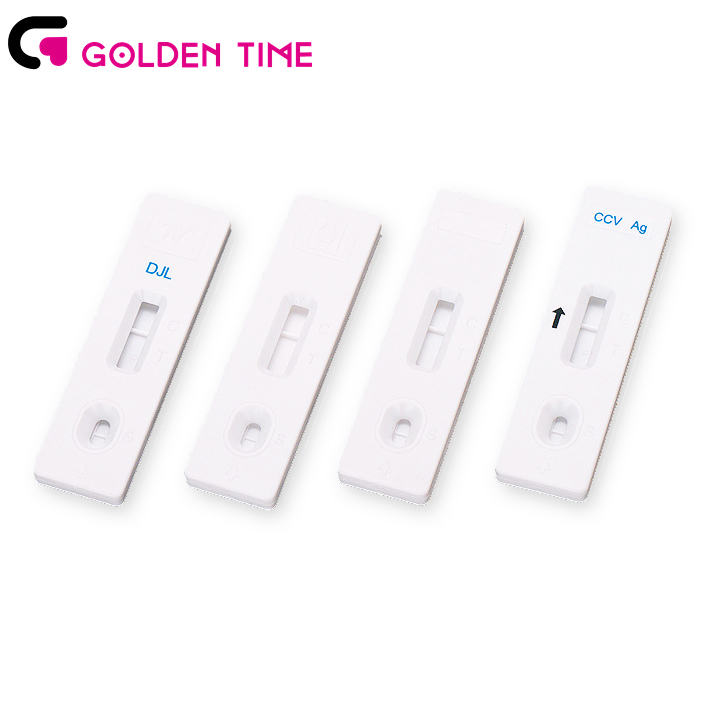Feb . 13, 2025 12:11 Back to list
covid-19 (sars-cov-2) antigen diagnostic test kit
In the quest to understand and manage the global pandemic, COVID-19 antibody tests have emerged as a crucial tool. These tests are more than just numbers or scientific procedures—they are keys to unlocking personal health stories, aiding in public health decisions, and advancing the collective understanding of the virus. This article delves into the nuances of antibody testing, offering a synthesis of expertise, authentic personal experiences, and authoritative insights to guide readers in making informed choices.
For those considering a COVID-19 antibody test, it's comforting to know that the process is straightforward. Typically, the test involves a simple blood draw, and results are available within a few days. Several testing services now offer at-home testing kits, making the experience accessible and convenient, a significant factor for those with mobility challenges or tight schedules. Navigating the complexities of antibody testing requires accessing credible and authoritative sources. Trusted organizations like the World Health Organization (WHO) and national health departments provide continually updated guidelines and information. By staying informed through these outlets, individuals can make decisions grounded in the latest scientific understanding. Trustworthiness in this domain is further enhanced through the transparency of testing companies regarding their methodologies and accuracy rates. Reputable labs adhere to stringent regulatory standards and participate in regular proficiency testing, ensuring their results are both reliable and valid. Consumers should be encouraged to choose testing providers that are transparent about these practices. In conclusion, a COVID-19 antibody test serves as more than a health check; it is an informed journey into personal and public health enlightenment. By understanding the function and implications of these tests, individuals can better engage with their health landscape amid an ever-evolving pandemic. With accurate information, expert guidance, and trustworthy testing services, antibody tests can efficiently contribute to personal health strategies and the overarching goal of pandemic containment.


For those considering a COVID-19 antibody test, it's comforting to know that the process is straightforward. Typically, the test involves a simple blood draw, and results are available within a few days. Several testing services now offer at-home testing kits, making the experience accessible and convenient, a significant factor for those with mobility challenges or tight schedules. Navigating the complexities of antibody testing requires accessing credible and authoritative sources. Trusted organizations like the World Health Organization (WHO) and national health departments provide continually updated guidelines and information. By staying informed through these outlets, individuals can make decisions grounded in the latest scientific understanding. Trustworthiness in this domain is further enhanced through the transparency of testing companies regarding their methodologies and accuracy rates. Reputable labs adhere to stringent regulatory standards and participate in regular proficiency testing, ensuring their results are both reliable and valid. Consumers should be encouraged to choose testing providers that are transparent about these practices. In conclusion, a COVID-19 antibody test serves as more than a health check; it is an informed journey into personal and public health enlightenment. By understanding the function and implications of these tests, individuals can better engage with their health landscape amid an ever-evolving pandemic. With accurate information, expert guidance, and trustworthy testing services, antibody tests can efficiently contribute to personal health strategies and the overarching goal of pandemic containment.
Latest news
-
Dengue NS1 Rapid Diagnostic Test Kit
NewsMar.07,2025
-
Dengue NS1 Rapid Diagnostic Test Kit
NewsMar.07,2025
-
Dengue NS1 Rapid Diagnostic Test Kit
NewsMar.07,2025
-
Transferrin Rapid Test Cassette Tumor Marker TF Card
NewsMar.07,2025
-
Malaria Pf Pan Rapid Diagnostic Test Kit
NewsMar.07,2025
-
malaria pf / pan ag rapid test
NewsMar.07,2025

